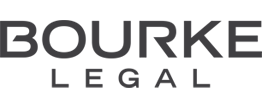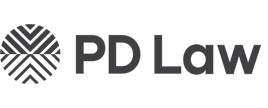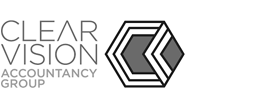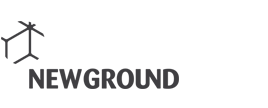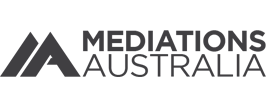At Practice Proof, our certified Google Ads experts develop and manage highly targeted pay-per-click (PPC) campaigns that help healthcare practices reach potential patients actively searching for their services. By conducting thorough keyword research, crafting compelling ad copy, and optimizing landing pages for conversions, we ensure that your Google Ads campaigns deliver a strong return on investment (ROI) and drive qualified leads to your practice.
Our skilled marketing team, specialized in healthcare, excels in crafting marketing ads that effectively reach potential clients while navigating the unique regulatory requirements of the health sector. We tailor our ad strategies to reflect the evolving needs of the healthcare industry, focusing on client-specific goals and ethical standards. This involves creating and managing marketing ads that truly connect with your intended audience.
Adopting a patient-focused strategy, we ensure your marketing ads forge direct links with potential clients, supported by our accessible and empathetic services. Our expertise spans patient acquisition, clear communication, strategic market placement, and the creation of persuasive marketing ads, all delivered with the precision and professionalism the healthcare sector demands. Our commitment to the medical and allied health industries is driven by the remarkable people in these fields, their potential for impact, and our aim to reflect this in the effectiveness and quality of the marketing ads we produce.
Google Ads is a powerful tool for healthcare practices looking to enhance their marketing efforts and reach a wider audience.
IGoogle Ads provides a platform for healthcare practices to feature prominently in search engine results, directly reaching potential patients actively searching for healthcare services.
Understanding the Power of Google Ads
Google Ads operates on a pay-per-click (PPC) model, meaning medical practices pay only when someone clicks on their ad. This model offers a cost-effective way to target potential patients.
The key advantage of Google Ads lies in its immense reach and the ability to target users based on their search queries, location, and other demographic factors.
Crafting Effective Ad Campaigns
Successful Google Ads campaigns start with understanding the target audience. For healthcare practices, this means identifying the services most in demand, understanding patient demographics, and recognizing what patients are searching for.
Keywords are at the heart of this strategy. By bidding on relevant keywords related to healthcare services, conditions treated, and location-specific terms, practices can ensure their ads appear to the most relevant audience.
Local Targeting and Geo-Fencing
For many healthcare practices, the target audience is local. Google Ads allows practices to target ads to specific geographic locations, even down to specific zip codes. This geo-targeting ensures ads are seen by people who can realistically visit the practice.
Additionally, geo-fencing can be used to target ads to people within a certain radius of the practice, making it ideal for attracting local patients.
Writing Compelling Ad Copy
The ad copy needs to be concise, clear, and compelling. It should highlight what sets the practice apart, such as special services, experienced staff, or state-of-the-art facilities. Including a clear call-to-action (CTA) is crucial, encouraging potential patients to make an appointment, call the office, or learn more about the practice on the website.
Adhering to Healthcare Advertising Guidelines
When advertising healthcare services, it’s crucial to adhere to Google’s strict guidelines for medical and healthcare-related ads. This includes avoiding any content that makes unrealistic promises or uses fear-based tactics. Healthcare practices must also ensure they comply with HIPAA and other privacy regulations, particularly when handling patient data and inquiries.
Utilizing Google Ad Extensions
Ad extensions are additional pieces of information that can be included in Google Ads, such as contact details, links to specific pages of a website, or additional service offerings. For healthcare practices, extensions like location links, call buttons, and service extensions can enhance the ad’s performance by providing potential patients with more ways to interact with the practice.
Optimizing Landing Pages
The effectiveness of Google Ads is not just about the ad itself; it’s also about where the ad takes the user. Landing pages should be relevant to the ad, providing specific information that the user is seeking. For a healthcare practice, this might mean creating specific landing pages for different services or conditions treated. These pages should be informative, easy to navigate, and have a clear call-to-action.
Tracking and Analytics
Google Ads provides robust tracking and analytics tools. By analysing data such as click-through rates, conversion rates, and the cost-per-click, healthcare practices can gauge the effectiveness of their ads and adjust their strategies accordingly. This data is crucial for understanding what works and what doesn’t, allowing for continuous optimization of ad campaigns.
Continuous Testing and Refinement
The digital advertising landscape is dynamic, and strategies that work today may not be as effective tomorrow. Continuous testing and refinement of ad campaigns are essential. This can involve experimenting with different keywords, ad formats, and targeting options. A/B testing different ad copies and landing pages can also provide valuable insights into what resonates best with the target audience.




